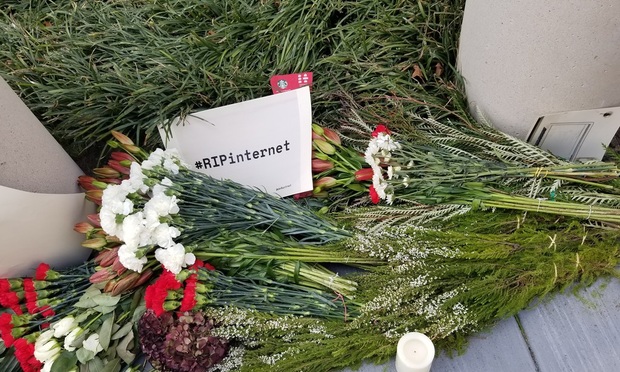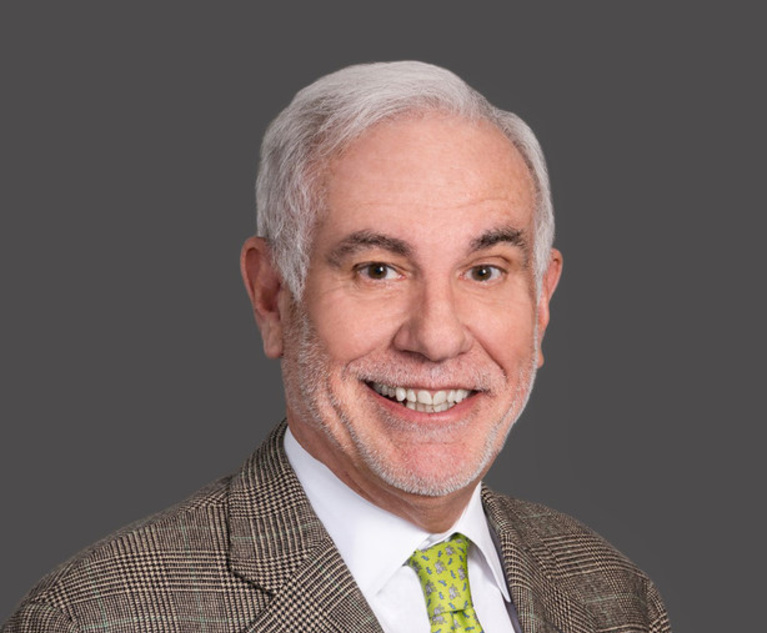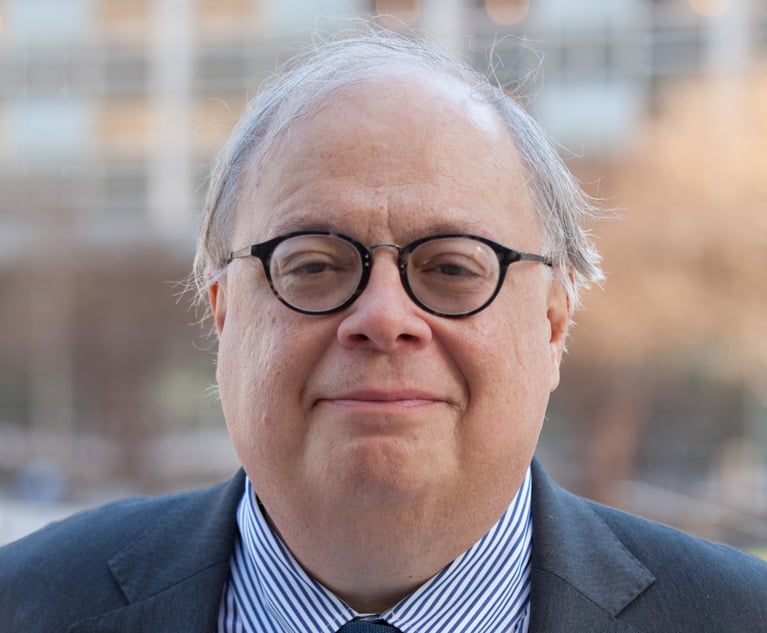In December 2017, the Federal Communications Commission, led by former Verizon executive and Trump-appointee Ajit Pai, issued its order to reverse the Obama-era net neutrality rules enacted in 2015. The FCC claimed its reversal promoted internet freedom and free-market competition and would spur innovation and investment in new technologies. The reversal also treats Internet Service Providers (ISPs) as telecommunications services like radio, television, and phone companies, rather than as a public utility like water or electricity.
The concern proffered by many net neutrality proponents is twofold: (1) a lack of net neutrality allows ISPs to control, limit, and even prohibit access to legal information at their sole discretion; and (2) a lack of net neutrality allows ISPs to prioritize certain content over others, granting faster access to well-funded sites or customers that could pay extra for premium speeds, and slowing or even terminating access to content hosted by smaller or independent sites.


 Net neutrality rally at FCC.
Net neutrality rally at FCC.




